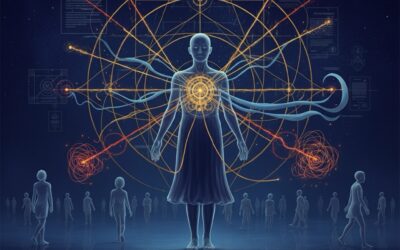Inner conflict is often cast as a private struggle, a necessary part of psychological growth, and the engine of self-understanding. But when societies decide that these internal tensions must be managed for the greater good, something fundamental shifts.
The 20th century saw psychoanalytic ideas move from the consulting room into the institutions of power, where they were used to define what it meant to be normal and, more subtly, to keep the machinery of democracy and commerce running smoothly.
As conformity became the cure to chaos, people learned to suppress inconvenient feelings and adapt to a world designed by an elite convinced they knew best. This might bring stability, but what is lost when everyone is too well-adjusted to dissent?
Critics like Herbert Marcuse warned that the real sickness might not be in unruly minds, but in unjust systems that demand silent agreement rather than honest maladjustment.
Perhaps, sometimes, the refusal to conform, the inward conflict that refuses to settle, is a truer form of sanity than perfect adaptation to a world in need of change.




0 Comments